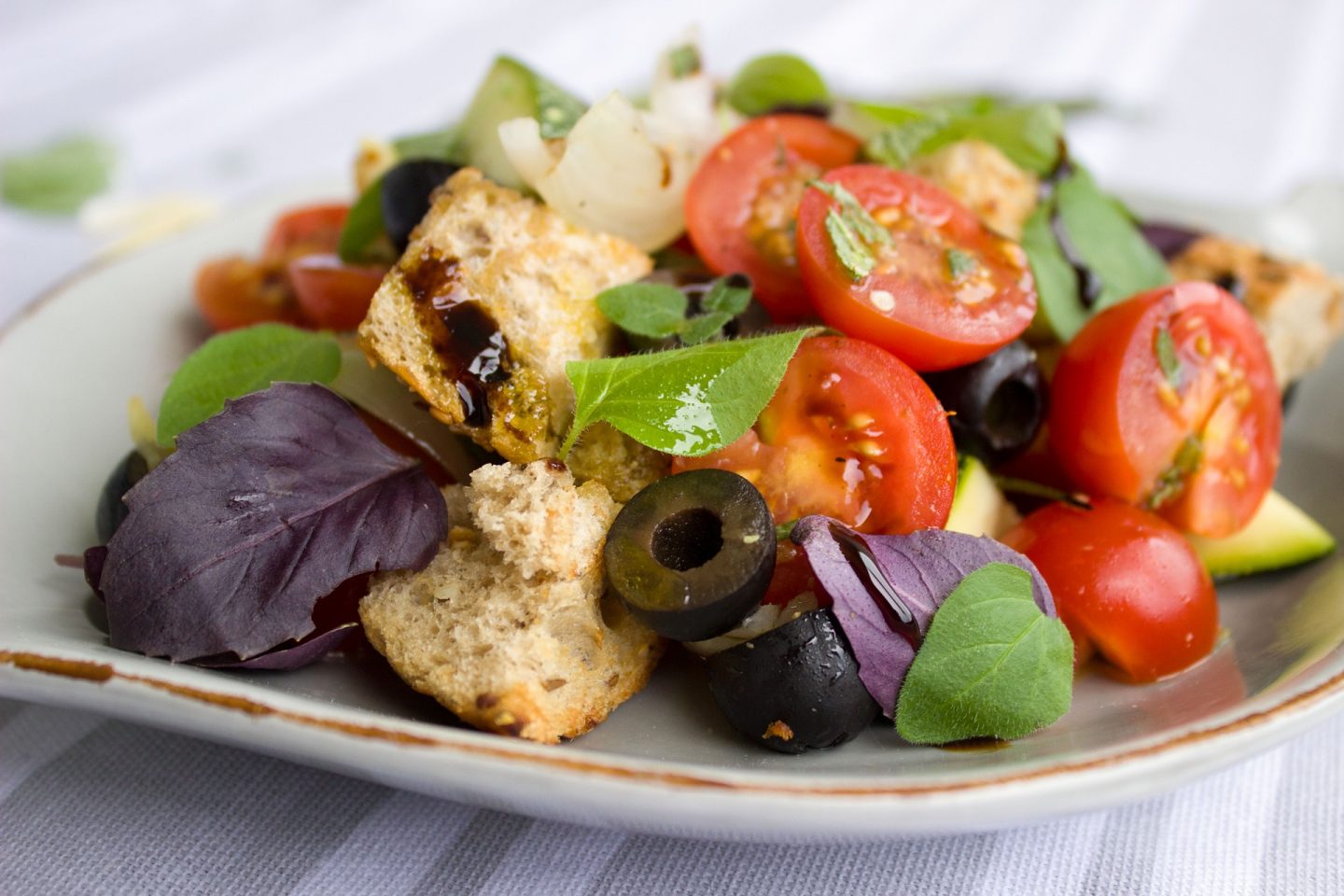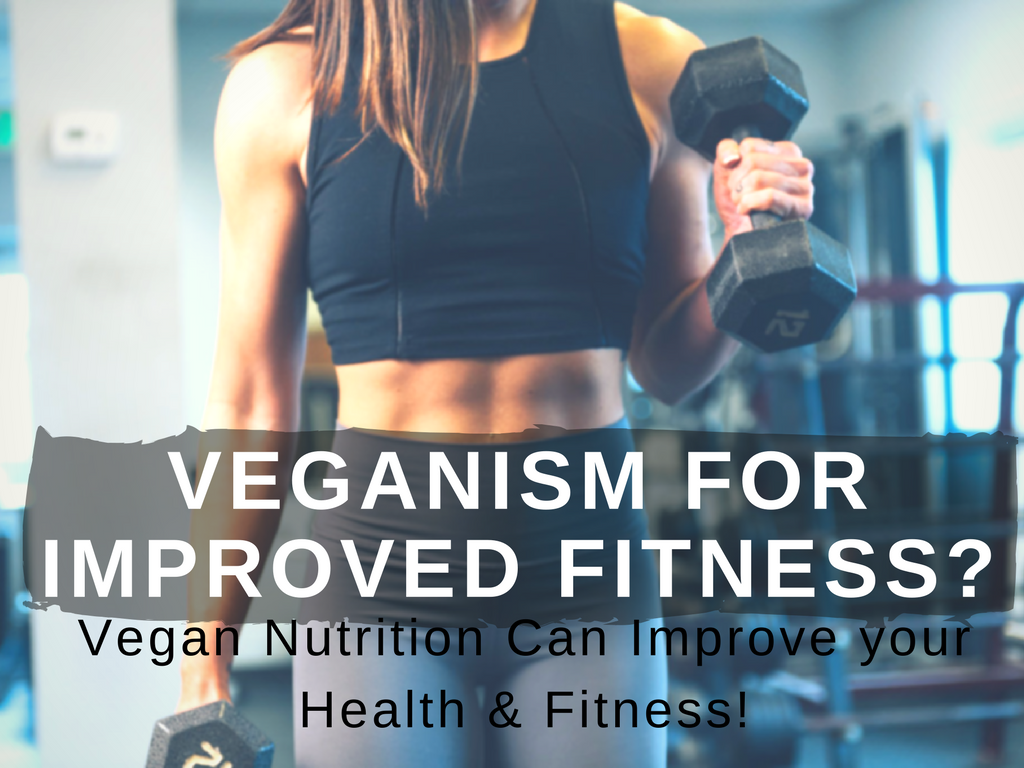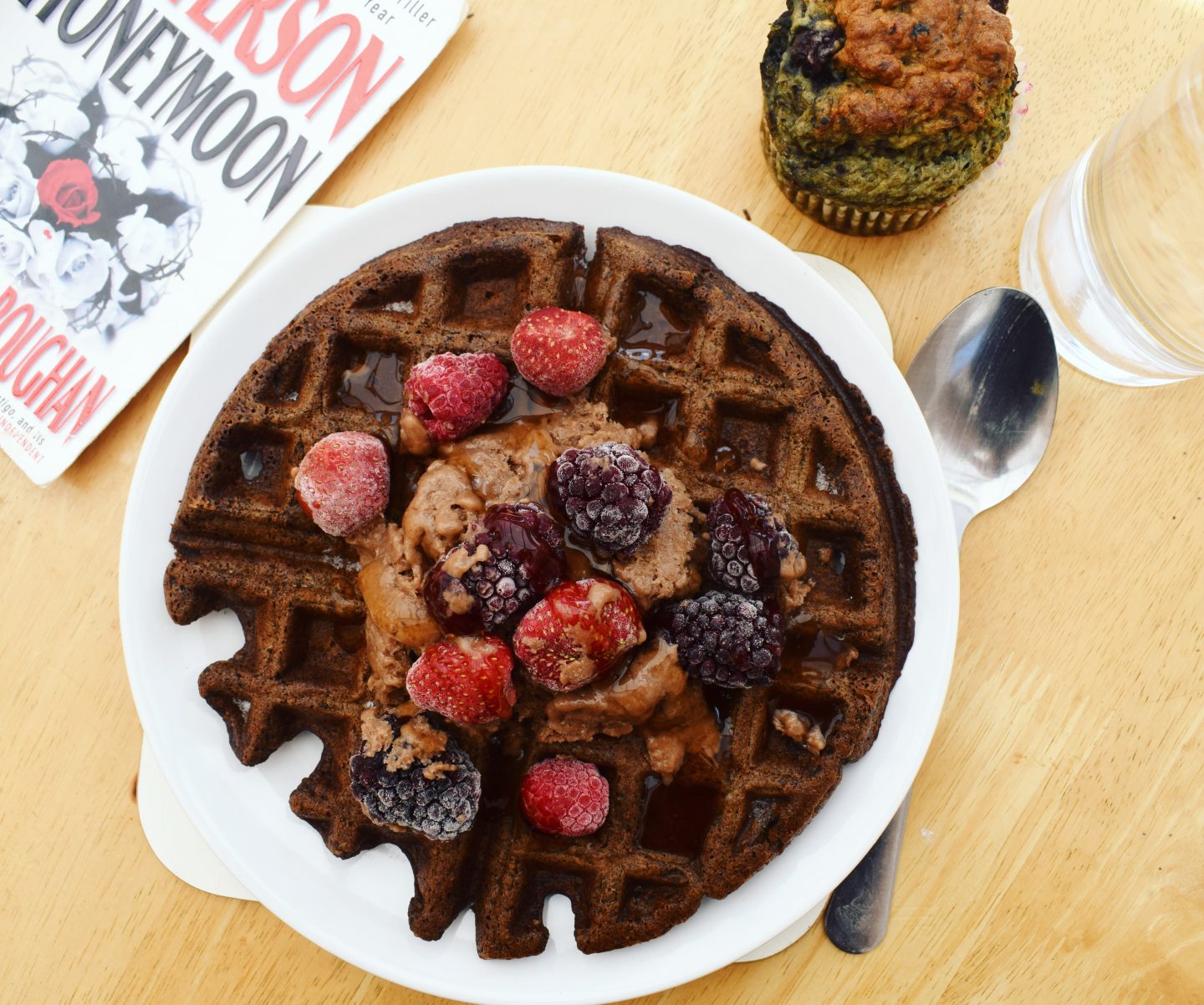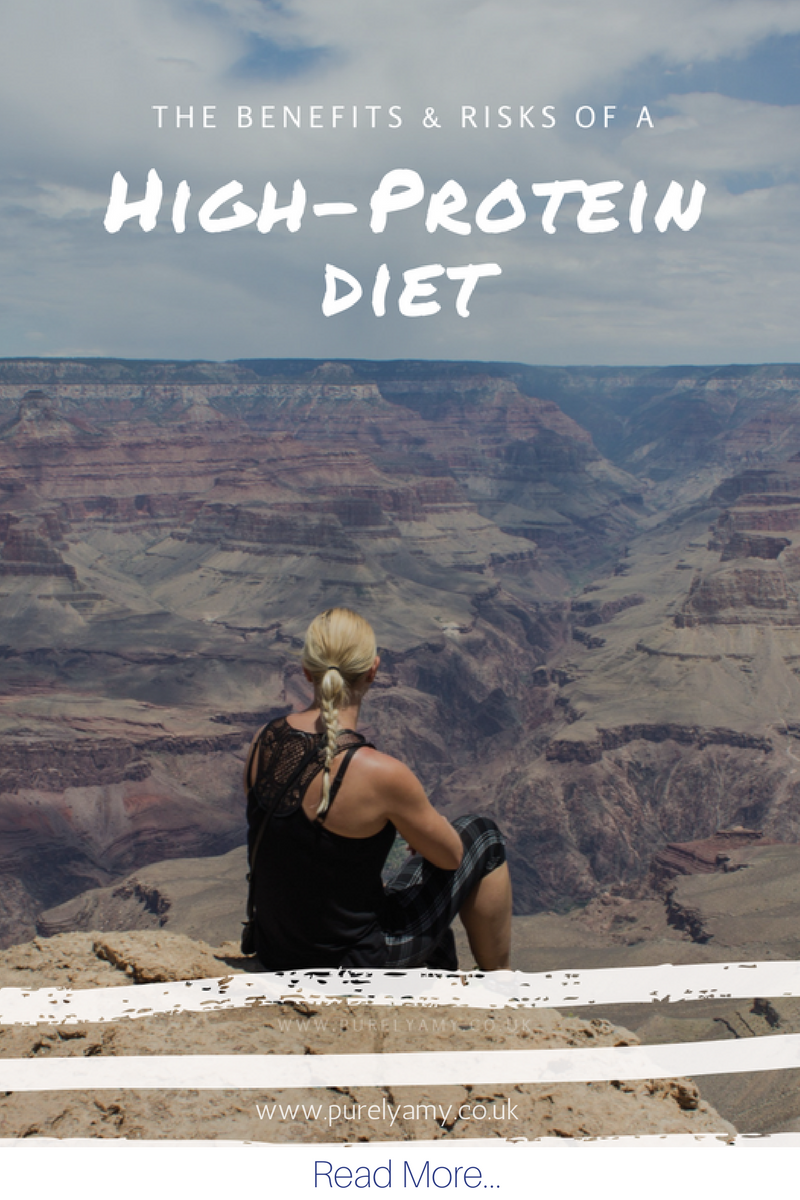Most Americans consume three to five times more protein than they need. That’s not restricted to the US alone, families in the UK (including under 11’s) are eating 2 and a half times the amount the need. Regularly. Along with taking on little or no exercise and eating unnecessary diets like low-carb, high fat or low-fat low sugar diets. It’s fair to say – We’re in really bad shape, literally and figuratively.
High protein foods seem to be the buzz at the moment (perhaps it’s the increase in Veganism) we all love a good ‘trend’ and if we can be a bit controversial on the side then even better, eh? The issue’s start when we pick up a new diet trend with little research into how it actually affects our body.
“High Protein Diet” “Ideal Protein diet” and “Now with added protein” These are huge keyword searches, meaning, more and more of us are typing into our search engines to understand protein in our diets. Protein is a fundamental part of our diet, which is why it’s great to see more people wanting to learn about protein.
The issue lies with the media, brands and health shows, telling us more protein is better, but also, that low protein diets (such as low carb low fat; weight watchers and slimming world are high protein but also high sugar) are the key to weight loss.
Who should we listen to?
Should we be eating more, or less protein? To learn more about protein and how important it is in a healthy diet, along with increasing muscle on a vegan diet. Read this!

Benefits of a high protein diet
Protein is a great nutrient. Offering the foundations of life (which you can read about here) and of course, many people do see success with high protein diets – but it’s less about eating protein and more about, eating less.
- It’s an extremely important nutrient in your diet!
- Eating lots of protein is known to leave you more satiated (full), so you’re less likely to overeat.
- Being full means you’re more likely to lose weight.
- More muscle growth during your workout sessions.
- Quicker recovery times on your workouts
But, what are our ‘keywords’ “Ideal protein intake” So really we still need to balance our protein intake for the best results? My advice? To eat your protein when you feel you’re likely to be more hungry.
With a properly formed diet you can; Consume all of your meals, with smaller portions and still feel full (without overeating or skipping meals). I do this by eating 20g of protein at breakfast, so I can eat a small amount at lunch, with or without protein, and still be hungry for dinner. I also eat a large amount of protein at dinner typically 20-30g.
The best way to calculate your protein needs is by calculating 0.36 x the number of lbs you weigh. More information on your protein needs here.
Remember: The best quality proteins are those that can break down and be used by the body as quickly as they’re ingested, such as plant-based proteins there’s more about quality proteins and the benefits of plant-based protein for fitness here. “What types of foods are best for digestable protein” is coming up on the 4th of November!

Risks of a high protein diet
An ideal protein intake, a plant-based one, is closer to the 40g-70g per person when eating more than that, our bodies can’t break down the protein molecules quick enough. The excess protein leads to;
- Elevated blood sugar.
- Weight gain.
- Kidney stress.
- Leaching of bone minerals.
- Stimulating cancer cells.
With the popularity of ‘high-protein’ diets, which are great as some people don’t get enough protein at the right times of day. Take, for example, someone who goes to the gym and eats a low-fat diet. A lot of these gym-goers may be low in protein so eating a high protein food after their workout may feel incredible. So, you might be tempted to believe you simply can’t overeat protein -the truth is that consuming excessive protein can actually be quite detrimental!
Consuming too much protein can prompt your body to convert the protein to sugar (spiking your insulin) and then to fat. If you think you might be at risk of eating too much protein, try reading this article “Silent Signs you might be eating too much protein” It’s fabulous!

Why is there such a buzz on high protein diets?
Well, We’re told that protein is great for us (which it is) so naturally. We buy more of it. More companies get involved, more products get made and more adverts promote those adverts. It continues.
That’s not to say that high-protein foods are bad. I clearly, don’t think so.
I love my protein waffles as I know they’re offering me protein to repair my muscles and fill me up before, or after, my workout. They’re my go-to post workout and to end my fasting. The point is, the products are there to offer you an easy way to eat protein without having to worry about not having enough (there are a lot of groups of dieters that may not get protein into their diet easily). Without a protein powder, I would struggle to get easy to digest protein into my diet and be able to enjoy it!
Essentially – The media know there is a market to sell something, there is a market for it because of the fad diets that are deficient in protein and the body builders who need to get the edge on their performance will buy it too. They can make money. The onus on us to learn how much protein we need and the best times to eat it.
Remember, we’re all different so learning your protein needs is very important!

